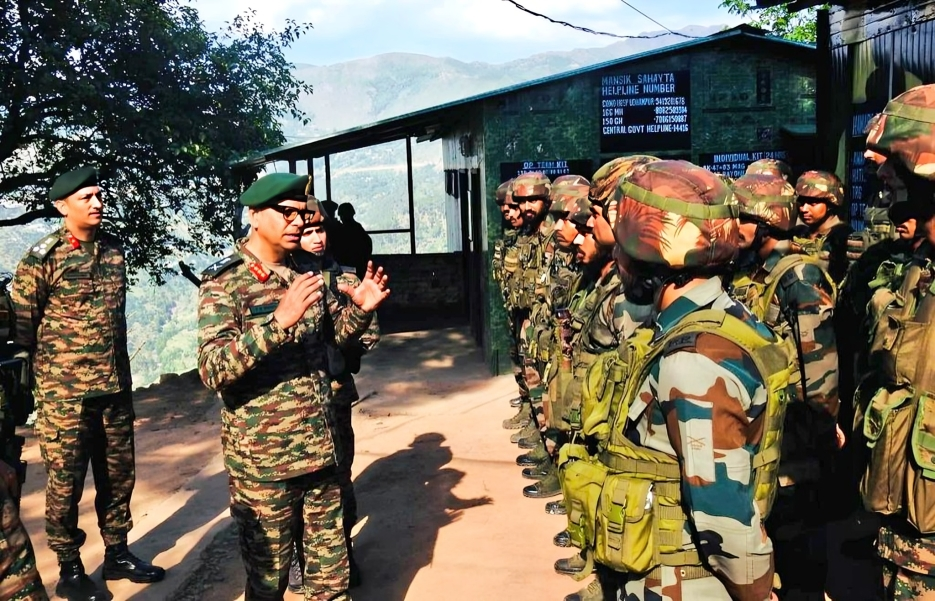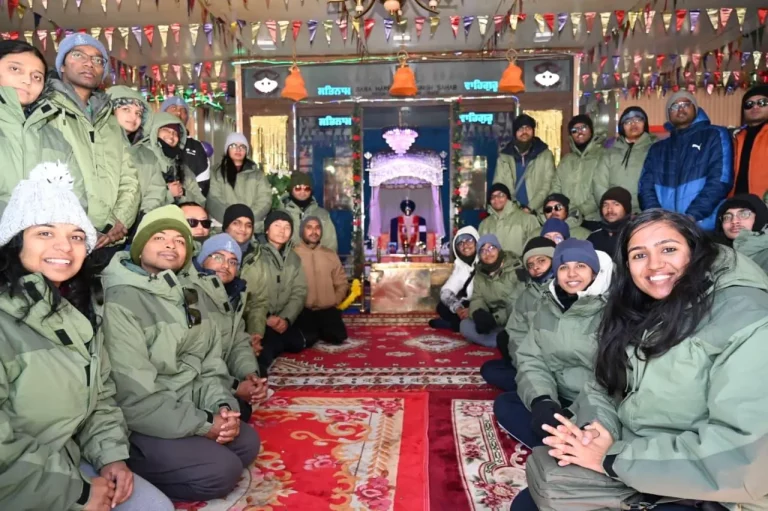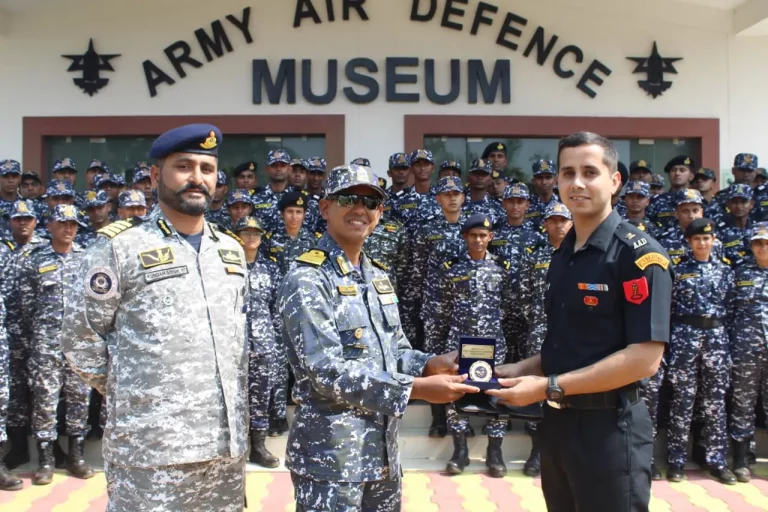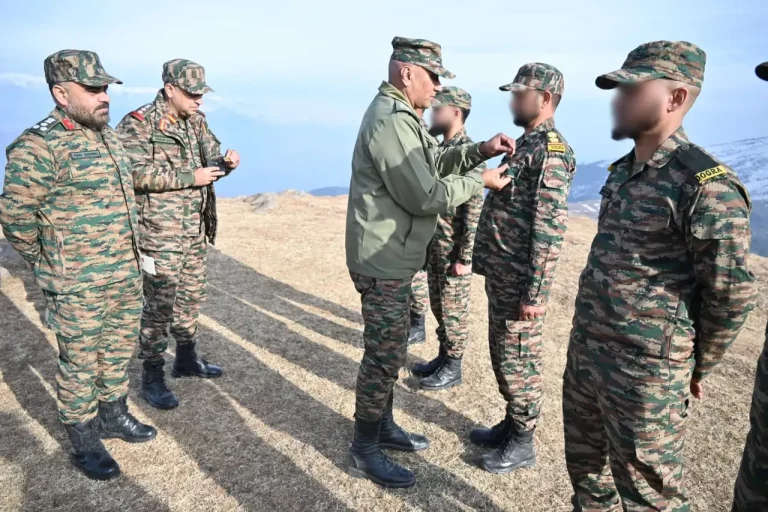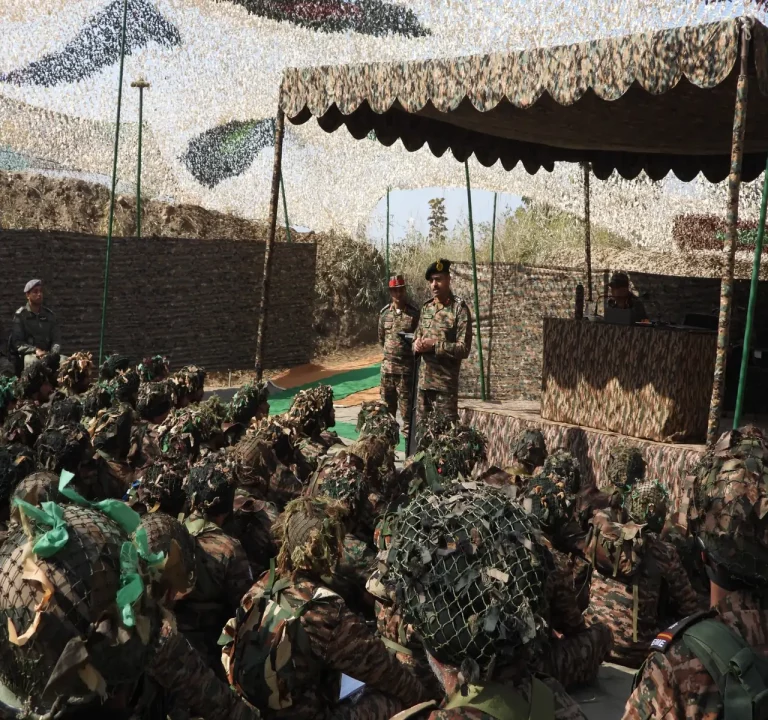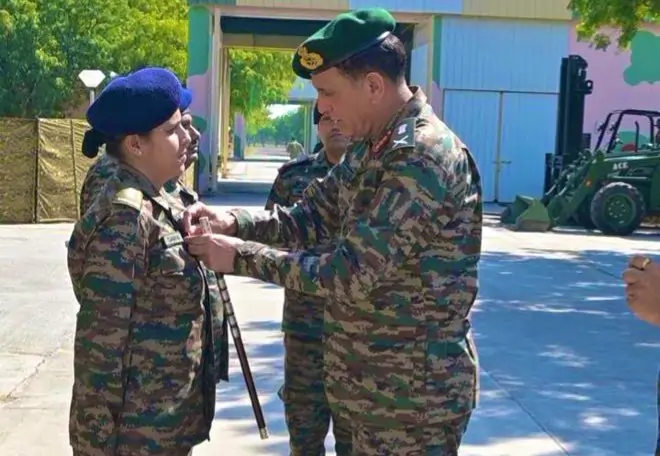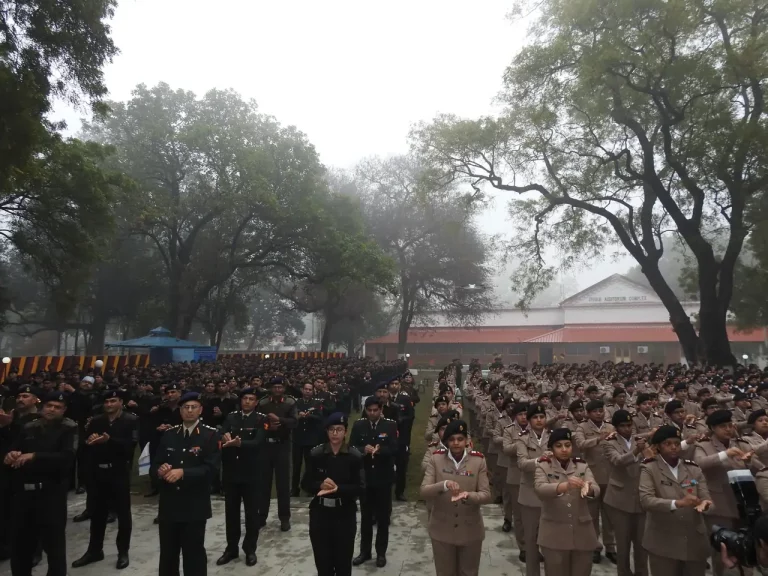In a focused effort to bolster security in the sensitive border belt of Jammu and Kashmir, senior commanders of the Indian Army conducted a thorough operational review in the Narian, JWG, and Totagali sectors—areas known for frequent infiltration attempts and terrorist activity near the Line of Control (LoC) with Pakistan.
The General Officer Commanding (GOC) of the White Knight Corps (XVI Corps), accompanied by the GOC of Romeo Force, visited these strategically important sectors in the twin districts of Poonch and Rajouri. The officers interacted with troops deployed on the ground, appreciating their professionalism, vigilance, and dedication in high-risk environments.
During their visit, senior leadership emphasized the need for “razor-sharp readiness” and high morale to counter emerging threats effectively. This visit occurs amid a concerning trend, with the Jammu region experiencing a 20% rise in terror-related incidents in 2024 compared to the previous year, as noted by the South Asia Terrorism Portal.
The sectors visited are under the command of the Romeo Force, a counter-insurgency unit of the Rashtriya Rifles established in 1990 specifically to address internal security challenges in Jammu and Kashmir. Operating under the Armed Forces Special Powers Act (AFSPA), the Romeo Force has been instrumental in counter-terrorism operations. However, the application of AFSPA has been a subject of contentious debate, owing to concerns regarding alleged human rights violations.
This operational assessment forms part of the Indian Army’s broader strategy to stabilize the region and counter cross-border terrorism. Historical operations, such as Operation Sarp Vinash in 2003, exemplify the Army’s commitment to neutralizing insurgency, with the operation successfully targeting 64 terrorists in the Pir Panjal range.
In addition to combat operations, the Army actively engages with civilian populations through initiatives such as Operation Sadbhavana. This program encompasses educational opportunities for children, vocational training aimed at empowering women, and the distribution of artificial limbs to victims of militancy, facilitated by local organizations like the Pritam Spiritual Foundation in Poonch.
The latest review by top military leadership highlights a dual approach—enhancing operational preparedness while fostering community trust—as tensions along the LoC remain high. With ongoing cross-border threats and internal security challenges, the Indian Army continues its commitment to maintaining peace and supporting the socio-economic development of the region.
